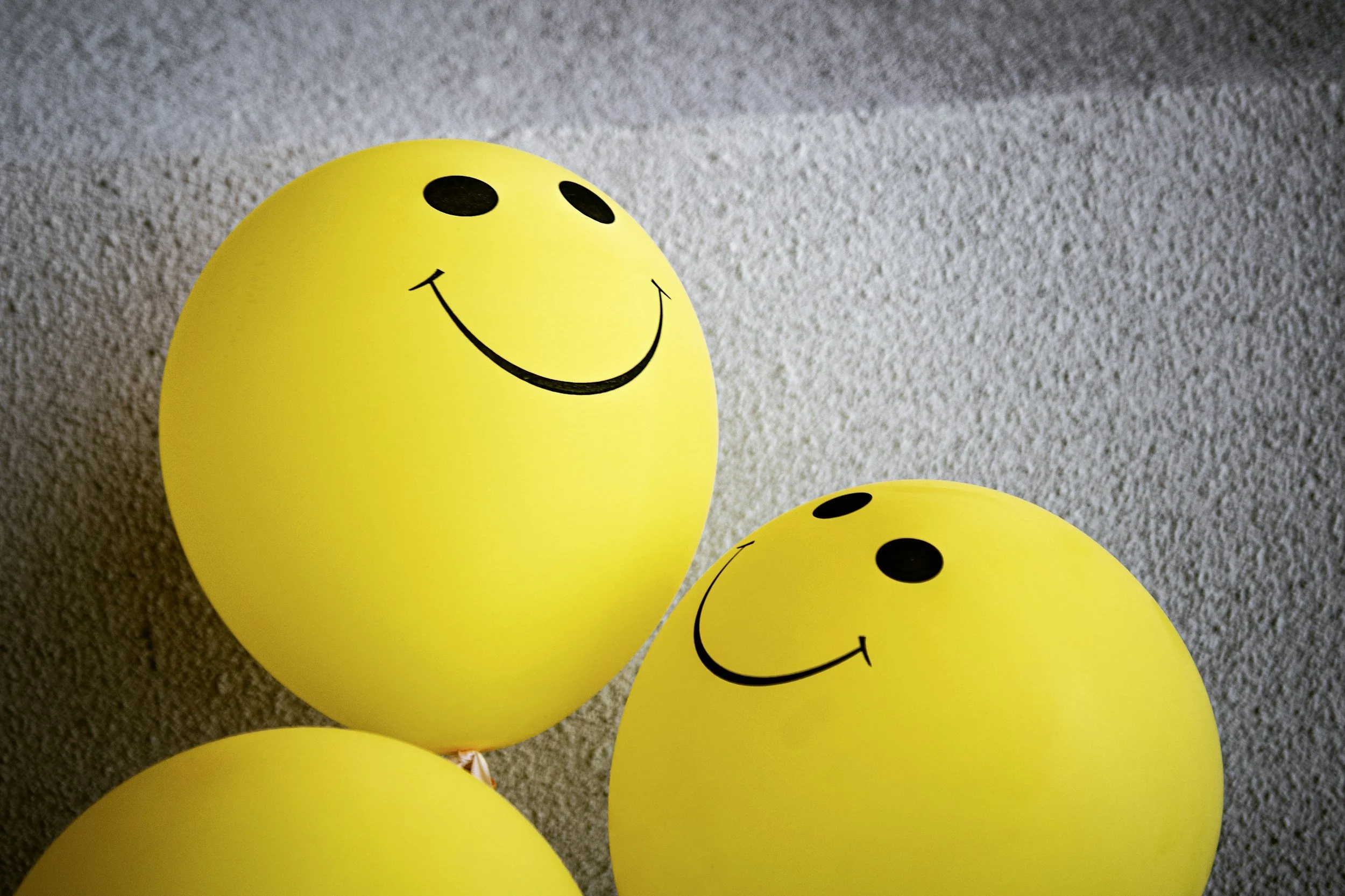Pillars of resilience to improve mental health
Accessible pathways to more grounded mental health
Today I’ll be sharing some reflections on pillars of resilience to improve mental health. As I’ve mentioned on other pages on this site, I’ve been my own mental health journey over many years. It involved trying to make sense of depression and trauma, coming to understand my neurodivergence later in life and finding purpose through a deeper connection with myself, others and the natural world.
If you’re new here I’m Laura, a counsellor and trauma therapist, a meditation teacher, a nature therapist and a somatic therapist. My offerings are all about supporting you to connect with yourself and the world around you.
If you are navigating a mental health crisis and are in need of urgent support or help, head to this post where I share some organisations that you can reach out to.
It’s easy to fall into the belief that working on your mental is about “fixing” yourself or being fully “healed”. I’ve shared some reflections here around the idea that, at some point in our healing journey, we have to learn to be ok with ourselves. If we’re not aiming to be fixed or healed, what are we aiming for? I believe that for almost everyone it’s possible to find more ease, and even joy, by learning to have compassion for ourselves, nurturing pillars of resilience, processing past experiences and building supportive connections.
As a therapist and counsellor, I see every day how people, whether they’re living with ADHD, autism (I am both autistic and ADHD myself), depression, anxiety or the impact of trauma, want to know “how can I feel better?” or “why do I keep falling into the same patterns?” The truth is, there’s no single answer. There are, however, pillars of resilience we can strengthen to support our mental health and wellbeing: optimism (not in a toxic positivity kind of way), acceptance, emotional and nervous system-regulation, self-responsibility, relationships and connection to something bigger than ourselves.
Accessibility and mental health: why context matters
As someone who’s committed to trauma informed, anti-oppressive care that’s also identity affirming, it feels important to be clear that none of the following suggestions are intended to bypass the harm that is caused by structural oppression. I do believe that we can often find more ease, find our way to a more gentle relationship with our nervous systems, and find ways to connect with joy even in the darkest of times.
It is also important to say that this is generalised mental health advice. If you are someone who’s navigating trauma or significant mental health issues, you are very welcome to try my suggestions but it might be that you’d benefit from more support than it’s possible to offer in a short blog post.
I don’t believe that mental health struggles are an individual issue. They are often caused by or magnified by systemic issues like poverty, racism, stigma and underfunded services. These barriers that make it harder for many people to access the mental health care they need. Mental health doesn’t exist in a vacuum, it’s shaped by our circumstances, our identities and the systems we live within.
When your identity is marginalised, mental health struggles can be compounded, not only by personal challenges, but by structural oppression. Experiences of racism, homophobia, transphobia, ableism or sexism can create ongoing stress that takes a toll on the nervous system, as well as making support harder to access. Accessibility means more than making therapy affordable, it also means:
Affirming therapy: being able to work with a therapist who understands how oppression affects your life and who supports you without treating your identity or experiences as an illness
Adaptable practices: finding ways to make wellbeing tools like mindfulness, journaling or self-regulation exercises fit your needs and capacities. As an example, while I’m an experienced meditation teacher, I also have ADHD so I often need to adapt my practice because there are days where my inattentiveness means that I struggle with sitting in stillness. I’ll be sharing some deeper reflections on this soon as well as suggestions for adaptive wellbeing practices.
Community-based resilience: building support not just individually, but collectively, through peer groups, activism, spirituality or community connection. Finding connection with people who share your perspective, experience and values is a powerful way to normalise and validate our experiences.
Accessibility is ultimately about accepting, with compassion, that our struggles are not personal failings. They are often very rational responses to unjust systems. When we acknowledge this, we can begin to build resilience. If you’d like to find out a bit more about my values around this and how I incorporate them into my work, I share a bit more about them here.
Some of the pillars of resilience we can strengthen to support our mental health and wellbeing
Rewiring negativity bias with positive self talk and a focus on the good
Researchers suggest that the human brain is naturally wired to focus more on negative experiences, a trait known as “negativity bias.” Over the course of evolution, it was more beneficial for our ancestors to notice and respond to threats than to rewards. Missing out on a reward, like a piece of food, was rarely fatal but failing to avoid danger could be deadly, ending any chance of survival or passing on genes. This negativity bias is an ancient problem that shows up frequently in modern life. When we remember things, for example, difficult events leave a stronger impression than enjoyable ones.
What can I do to shift this?
Try swapping self-critical thoughts for more compassionate ones: instead of “I’ll never get this right,” say “I’m learning and can improve with time,” and instead of “I don’t belong anywhere,” try “I haven’t found my people yet, but they’re out there.” Gradually, these small shifts help rewire the brain, training your nervous system to notice hope as much as it notices danger.
Try ‘taking in the good’. Research by neuroscientist, Dr Rick Hanson, shows that consciously “taking in the good”, which involves pausing to fully notice and soak up positive experiences, helps the brain absorb them, strengthening neural pathways that support resilience, well-being and a calmer internal state
Try affirmations combined with EFT Tapping (Emotional Freedom Technique). Pairing affirmations with the physical practice of tapping on targeted acupressure points connects mind and body. This approach doesn’t just involve repeating positive statements, it also soothes the nervous system allowing those messages to be more fully absorbed.
If you’ve tried to connect with more positive self talk and compassion but find it difficult, try starting your positive statements with “I’m willing to believe that…”. This can create a gentler bridge between self-doubt and self-kindness, making new beliefs feel more possible and less forced. Over time, these small shifts rewire the brain. Think of it as teaching your nervous system to notice hope, not just danger.
Find acceptance through mindfulness, self-compassion and regulation
In my work with my clients, and even my work to explore my own experience, it’s clear that so many of our struggles are made harder because we try to push our difficult experiences away instead of allowing them to be there and processing them. Two of the approaches I incorporate into my work are Acceptance and Commitment Therapy and Somatic Trauma Therapy. Both of these approaches are grounded in mindfulness and acceptance. How can we learn to make space for difficult thoughts and feelings without getting stuck in them, while staying connected to our values and taking steps toward a meaningful life?
What can I do to shift this?
Work on being ok with feeling your feelings and emotions. As I share in this post, “feeling your feelings sounds like it should be instinctive. But for so many people, especially those with trauma histories, neurodivergence, high sensitivity, or learned emotional suppression from childhood, “feel your feelings” can be confusing, overwhelming, or even triggering”. We often use ‘feelings’ and ‘emotions’ interchangeable but one lives in the body and the other is the mind’s process of trying to understand. You can find out more about this here.
Try practicing self-compassion. According to researcher Dr. Kristin Neff, it’s built on three pillars: self-kindness instead of harsh judgment, connection rather than isolation, and mindfulness instead of overthinking. Start by noticing the tone of your inner voice. Would you speak to someone you care about the way that you speak to yourself? Each time you catch yourself being critical, gently reframe your words as though you’re talking to a loved one. Over time you’ll nurture a kinder, more supportive relationship with yourself. You can dive deeper into Thought Defusion here and self-compassion practices here.
Try mindfulness or other practices that support regulation. I know mindfulness is a buzzword at the moment but I believe that being more in contact with our here-and-now experience can really shift things. Simple practices like meditation, somatic movement or breath work can support the mind and body to return to the here and now, creating more calm and clarity. Neuroscience studies that show these approaches reduce stress, regulate the nervous system (there’s more about this in the next section) and strengthen brain regions linked to focus, emotional balance, and resilience. Check out the following links to explore meditation, somatic movement or awareness, and breath work.
Try self-regulation and soothing through the lens of polyvagal theory. For me, having a better understanding of my nervous system has changed a lot, especially as someone who’s AuDHD (Autistic and ADHD). Our nervous system is always scanning for cues of safety or danger but it can’t tell the difference between real and perceived danger. This means we can shift us into a fight, flight or freeze response because our brain has incorrectly interpreted something in our environment. Learning simple practices to respond to each of the nervous system states can be incredibly supportive. You can read more about the different polyvagal states here, along with practices to respond to them.
Leaning into our relationships and being in community
As humans, we’re hard wired for connection. Strong, supportive relationships play a vital role in protecting our mental health. It’s ironic that technology means that connection is more accessible than ever but many of us feel lonely, isolated or disconnected. Co-regulation is a process where our nervous systems attune to one each other, through tone of voice, facial expression and presence. This can help us to feel more safe, calm and connected.
How to shift this:
Try starting small. Community doesn’t have to mean a large network, sometimes it begins with a single meaningful connection, a neighbour, colleague or even an online friend. Over time, these small connections can grow into a sense of belonging. If you don’t have a community or network think about joining peer support spaces, online forums, hobby groups or explore volunteering opportunities. Shared interests and experiences can help you find people who understand and validate you.
Try seeking community that understands you. For autistic or ADHD folks, as well as people with other aspects of their identity that are marginalised, there can be comfort in connecting with those who share your experiences. Finding peer groups, chosen family or friends who “get it” creates belonging and resilience. A lot of my community is neurodivergent and not having to explain myself and the things I struggle with is really validating. Feedback from a lot of my Autistic and/orADHD clients is that working with a therapist who understands their lived experience has the same impact. If you’d like to find out more about therapy for ADHD or Autism head to these posts: ADHD / Autism. If you’re AuDHD like me you’re also very welcome.
Connection to something bigger than ourselves
Resilience isn’t only internal. It can become more expansive, based on the resources we connect with outside of ourselves. A really helpful question to ask yourself is ‘how do I find or make meaning?’. Exploring this question can open up new pathways of support and connection through community, creativity and our place in the wider world.
How to shift this:
Try connecting with nature. Noticing seasonal cycles, grounding with the earth or simply walking in green spaces helps us remember we’re part of a wider web of life. This connection can simply be about spending time outdoors or it could be about cultivating a relationship with the natural world around you. If you’d like to explore this, I’ve created some free resources for self-guided nature therapy. Check out my post Reflections and Resources for self guided Nature therapy, eco therapy and nature connection. If you’re in the West Midlands I also offer monthly nature connection sessions that include meditation, somatic practices, nature and eco therapy practices and reflections on folklore and archetypes from the natural world. Check them out here.
Try aligning with values-driven causes. Whether it’s disability rights, LGBTQ+ advocacy or climate justice, joining collective efforts strengthens resilience and gives meaning beyond the individual. If you are limited by energy or mobility you could use social platforms to highlight important causes and share petitions, learn about key issues, take part in online advocacy by challenging injustices or take part in digital campaigns and events.
Try spiritual gentle spiritual practices that feel aligned with your values. Gratitude, meditation, ritual, or anything that connects you with a sense of wonder, can provide grounding and perspective when life feels heavy. Some resources that can support you to explore this include my post on Connecting with ancestry beyond bloodlines: ancestors of land, tradition and lineage, my post on Cultivating a daily devotional practice and my post on Simple Rituals for Grounding and Growth in Daily Life. I’ve also shared some reflections on how we can work with your religious and / or spiritual beliefs in the therapy room here.
How counselling and therapy can support you
Therapy can be a powerful space to strengthen these pillars of resilience:
Therapy can be a space where we are supported to challenge and reframe our critical inner voices and negative self talk.
Holistic counselling that takes a body, mind and nervous system approach can support us to find acceptance, be more connected to our experiences and develop strategies to stabilise our difficult emotions, navigate stress and build resilience in everyday life.
Exploring and understanding our patterns can help us to break cycles of self-blame, make more compassionate choices and establish new ways of relating to ourselves and others.
Exploring identity through an affirming lens can help to clarify values and guide authentic choices.
Exploring relationship patterns can support healthier relationships and transform how you experience both giving and receiving care.
Exploring how you find meaning through spirituality or community activism that nourishes you can deepen your sense of purpose and help you feel more connected to the world around you.
Validating the impact of structural oppression while nurturing agency and resilience can empower you to heal, grow and take meaningful action in your life and community.
Therapy is not about fixing who you are, it’s about supporting your growth, honouring your story and walking alongside you on your healing journey. If you’d like to explore working with me as your therapist head here.
Final thoughts about pillars of resilience and improving mental health
Improving your mental health is not about becoming someone else or bypassing your feelings, it’s about learning to live more fully as yourself, with resilience, acceptance and connection. One way of doing this is by looking at the areas of life where you could cultivate more resilience and aiming for consistent effort to improve these areas. I say aiming for consiatant effort because, as someone with ADHD, I know how hard aiming for consistency can be. Small changes ripple out though.
If you’d like to explore these pillars of resilience in therapy, or if you’re curious about how counselling could support you with depression, anxiety, ADHD, autism, or exploring your identity, please do reach out. Thanks, again, for being here.




